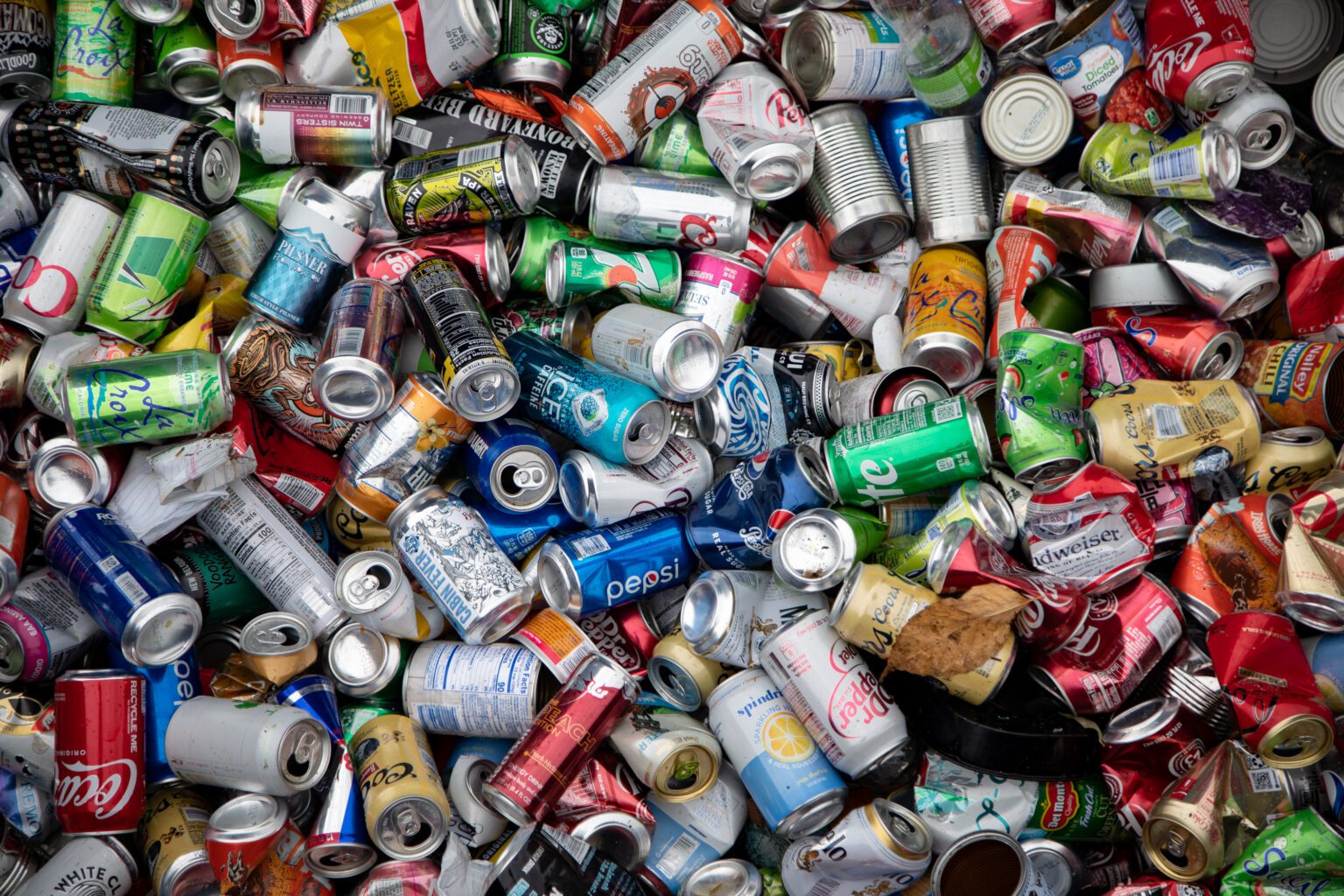In 2022, residents in northeast Whatcom County recycled more, in part, thanks to online shopping. &n




- Save money
- Support local businesses
- Unlock exclusive Cascadia Daily News subscription discounts, like 50% off an annual subscription!
Browse our subscription offers or consider donating to support local journalism.
Already a subscriber?
Log in



